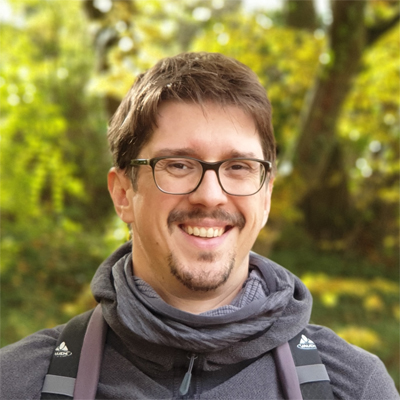I teach at the university since 2016 now and since then had a lot to learn. In other words, some things need practice. Suffice it to say, that it worked out and I can call myself now a university lecturer. But there are also a couple of things I wish I had known before starting this path. This list is by no means complete, but represents the three things that came first to my mind.
1. Time spend preparing is time saved teaching
The first couple courses are hard. Not only do you not know what you can expect, but you also have to create every class from scratch. This includes creating PowerPoints, topics for presentations by the students, exercises, course materials and much more. Chances are however, that you will give a prepared course more then once. If you do not give it at your university, maybe at another one. It is therefore essential, that you prepare your first iteration of the course extra careful. Also this way, reusing your material saves a lot of time. Here is what I do.
Creating lasting PowerPoints
I always try to create PowerPoints that are reusable in later courses. Therefore, I use automatic dates, no specific information for a certain course (like names) but also outsource material that can get outdated (like a list of relevant literature). Also, all the extra effort put in now, will pay off later. So I take extra care to make the PowerPoint look nice, because I already know, I will be doing it only once.
Use a citation manager

I already wrote about How I use Zotero to organise all my citations. Here you also can create a collection for each course to collect all relevant literature and keep it up-to-date. When each semester starts, I simply drag the whole collection into a Word file, save it to whatever blackboard system the university uses and within 2 minutes, the students have a relevant bibliography.
Practice as an university lecturer
When I compare the first course I have given with what I do today, I see a major difference in the time I spend preparing. It is not like I don’t care anymore, but over the years, I learned what can be done within one class. I do not overprepare anymore. Also, you can use some tools to make your life easier, like group projects (students learn on their own and they love that) or smaller discussion groups (you can lean back and let them figure out the problem).
2. Rules are there for a reason, but can be bent
Depending on the location where you teach, there are rules concerning how to test students, what performances are needed to pass a course or how to treat BA students in contrast to MA students. These rules are actually pretty good as they give you (as a university lecturer as well as the students) a good reference. On the other hand, there are a lot of ifs and buts and there are also a lot of exceptions. Students who just became parents need some time off or redo a test. Students from abroad have difficulties adapting to a new life or language. Also, a global pandemic is sometimes making everything harder.
In the beginning of my teaching career, I paid a lot of attention to the rules and also the university guidelines. This made my life harder as well as the life of the students. Sometimes you need to make an exception, although only with good reasoning. I now know, that there are “hard” rules, that everyone needs to follow and there are “soft” rules. After all, we all want the students to pass and in our day and age, we need to adapt. Also, I would recon, that I only need to bend the rules once or twice a year. Most often, everything goes smoothly.
3. People feel intimidated by a university lecturer
I try to keep it casual with my students, because I think, we are all there to learn something. I do not insist on a clear hierarchy and even try to make it all fun. This is much appreciated by the students (I think) as the atmosphere in the classroom is nice, open and also… casual. Nevertheless, (and I do forget this from time to time) there is a dependency of the students, as they need me to grade them at the end of the term.
For the longest, I thought that was not that of a bigger problem, but as I have learned, it is though. This does not apply in general and also not to every student. So basically, I do not think that I need to change my style of interacting with the students, but what I have learned was, that I need to be aware. Everyone is equal, that holds true for students I know well, but also for students I simply don’t like (yeah, that happens). What is important is to keep the same equality, although you have a relaxed atmosphere with some of them. This can lead to uncomfortable situations, if for example you have to tell a student that he or she didn’t do well in the last exam.
Final words
There is a lot more I have learned of course, but these three things probably represent the most important ones. Being a university lecturer is great (in my opinion), but you kind of need to also like doing it. I know colleagues that see teaching as a necessity for the job, they rather do research instead. I think they are at the wrong place then. Being a university lecturer means interacting with students, preparing engaging classes and also offering possibilities to grow. This can be beneficial for both sides. I have certainly learned a lot from my students and plan on keep doing so.







